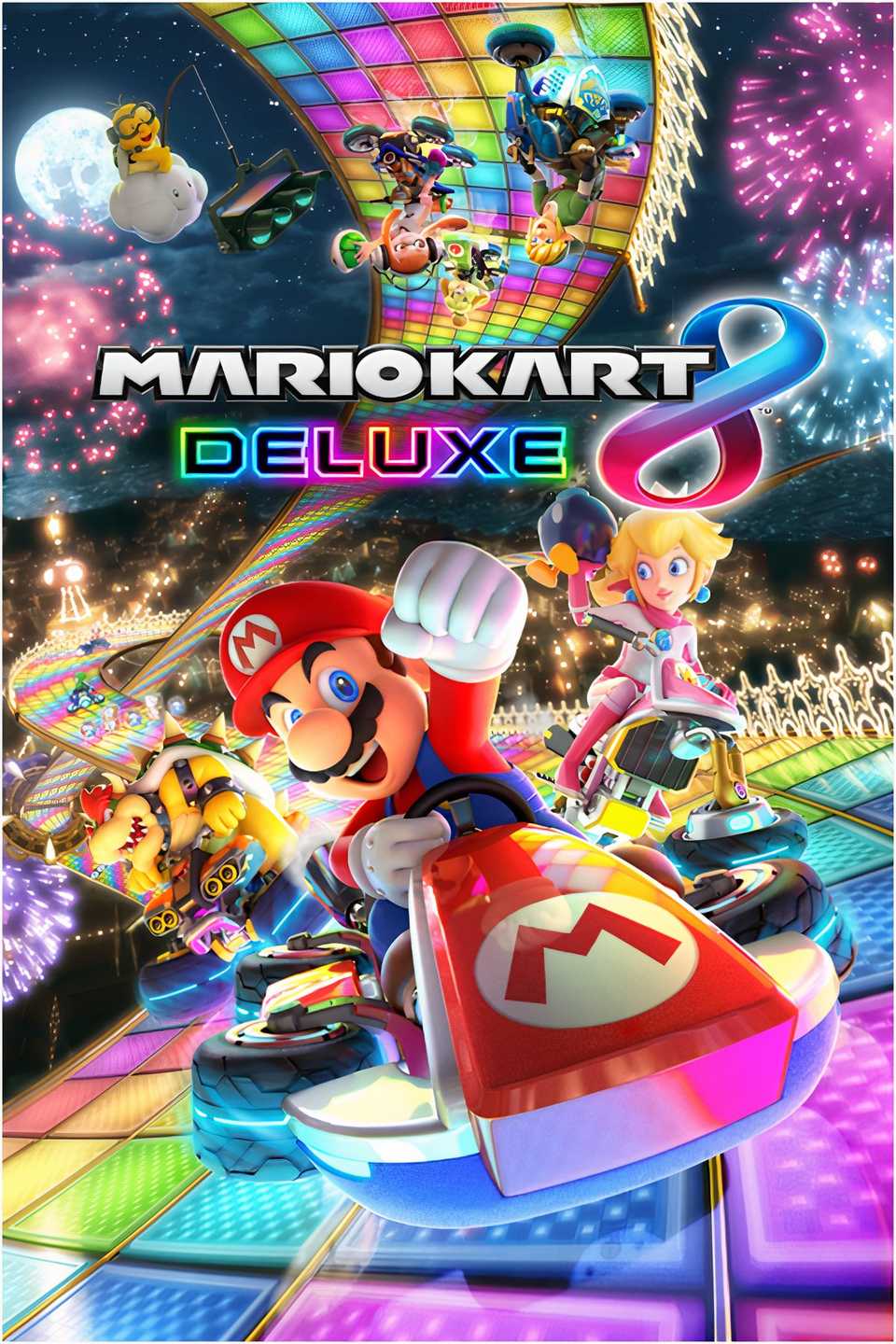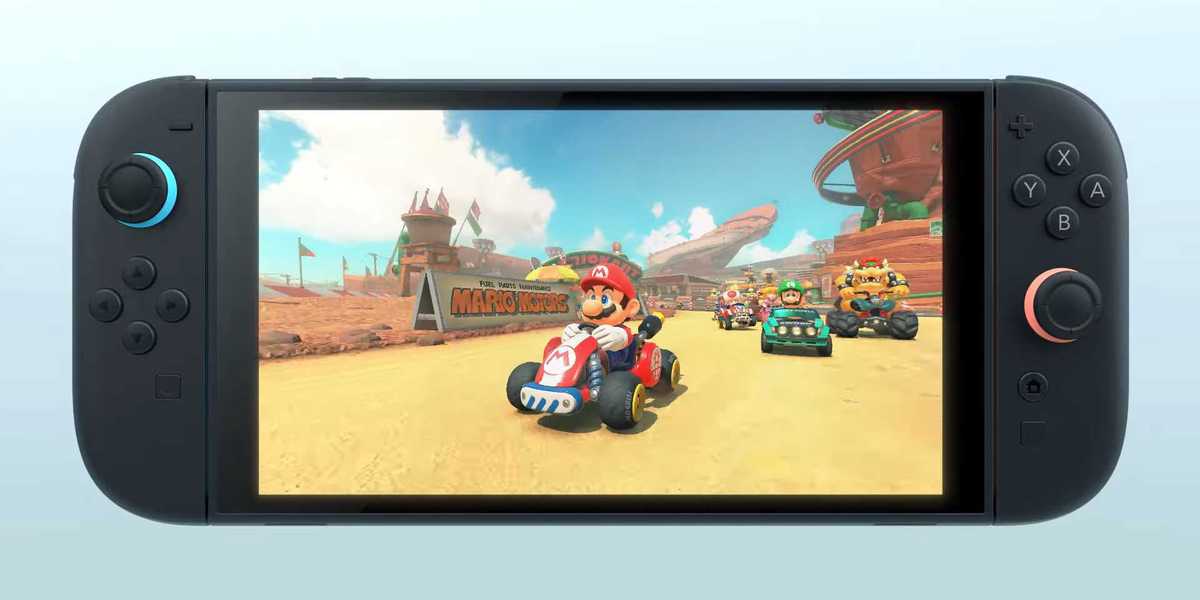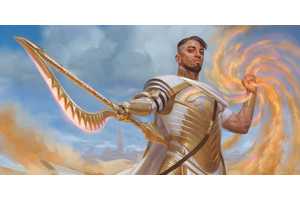Mario Kart 9 Needs To Break This Franchise Tradition
Despite having been unveiled just a few weeks ago, the new Mario Kart game for Nintendo Switch 2, being tentatively called Mario Kart 9 among fans, has easily become one of the most highly-anticipated upcoming releases. Yet, while excitement may be at an all-time high, Mario Kart 9 must also deal with an almost insurmountable amount of pressure. Not only must the title follow the gargantuan success of Mario Kart 8 Deluxe, but the 11-year wait for an original entry will naturally result in huge expectations from fans for the title to push the series forward in a new direction.
One way that Mario Kart 9 could stand out is by foregoing some of the series staples in exchange for entirely new ideas. While such a shift could risk the new game lacking the series' signature charm and appeal, it could be the change Mario Kart needs to maintain that sense of creativity and wonder. In fact, there's one series tradition that should be left behind for Mario Kart 9, as it could hold the game back from becoming the ambitious, original entry that the franchise needs.
How Courses Work In Previous Mario Kart Games
A Majority Of Titles Boast A Selection Of Old And New Tracks
One common tradition introduced to the Mario Kart series has been the format adopted for the course selection. Starting with Mario Kart: Super Circuit, a majority of the entries have included a selection of older tracks from previous games for players to race on alongside new courses. The older tracks that are included are often given updated visuals to match the art style of the rest of the title, while some will be slightly altered to incorporate the mechanics of that specific entry, like Mario Kart 7's paragliders or Mario Kart 8's antigravity.
Mario Kart: Double Dash!! is the only mainline entry following Super Circuit to not include tracks from previous games. The inclusion of retro tracks was added as standard from Mario Kart DS onwards.
The mix of old and new tracks has become a beloved Mario Kart tradition, and for good reason. The series' multiple entries are home to a wide range of iconic and fan-favorite courses that offer near-endless replayability, and relegating them to their debut games would be a colossal waste. The tradition of remastering older tracks for newer Mario Kart entries not only gives these courses the recognition they deserve, but it also allows them to gain a new lease of life, becoming even more beloved and entertaining in the process.
Mario Kart 8 Deluxe took this one step further with the Booster Course Pass that began in 2022. A majority of the 48 courses included in the expansion were courses that originated from previous entries, many of which were in high demand among fans, from Mario Kart Wii's Coconut Mall to Mario Kart: Double Dash!!'s DK Mountain. The Booster Course Pass was a stellar expansion to an already incredible kart racer, transforming Mario Kart 8 Deluxe into a wonderful celebration of the series as a whole.
Why Mario Kart 9 Needs To Avoid This Trend
The Addition Of Older Courses Could Make The New Game Feel Redundant
As beloved as this tradition may be, it could prove to be a detriment to Mario Kart 9's quality for several reasons. For starters, the Booster Course Pass puts the new game at a major disadvantage, as Mario Kart 8 Deluxe's colossal track number boasts a majority of the series' most iconic and beloved tracks. With this in mind, it will be a struggle for Mario Kart 9 to curate a diverse and engaging retro track selection that doesn't tread on its predecessor, while the Switch 2's backwards compatibility will make this addition even more redundant for the new game.
Older courses have been pushed to their creative limits in regard to presentation or mechanical changes.
Mario Kart 9 will also face huge challenges when it comes to revitalizing older tracks. The repeated inclusion of a retro track selection means that many older courses have been pushed to their creative limits in regard to presentation or mechanical changes. Even though Mario Kart 9 will almost certainly have its own unique additions, it'll be difficult for the title to change these older tracks in a way that makes them feel fresh, while also preserving what makes them so special.
That's not to say the inclusion of retro tracks in Mario Kart 9 wouldn't be enjoyed by players. Their repeated inclusion across multiple entries is done because of the love and adoration fans have for the older courses. However, giving these tracks the same prominent role that they have held for the majority of the Mario Kart series will deny this new entry the potential to stand apart from its predecessors, especially with the existence of the Booster Course Pass, showcasing the need for Mario Kart 9 to escape this trend.
Switch 2 Deserves An All-New Mario Kart
The New Game Should Match The Console's Ambition
The decision to forego older tracks in Mario Kart 9 would also be a huge benefit to the game as a showcase of the Switch 2. With Nintendo's latest console on the horizon, the company will surely want to broaden its appeal to as many players as possible by showing the Switch 2's potential. In order to do so, the console will need the support of games that demonstrate the level of ambition and creativity that's possible with the Switch 2 and how it exceeds the capabilities of its predecessor, which includes Mario Kart 9.
With this in mind, the focus of Mario Kart 9should be placed solely on new tracks that match the ambition Nintendo wants to demonstrate with its latest console. By offering new tracks that push the boundaries of what previous Mario Kart games accomplished, it will give players a better idea of what the Switch 2 is capable of than what a selection of retro courses could showcase. Not only will it broaden the appeal of Nintendo's latest console, but it will give Mario Kart 9 the unique identity it needs to become yet another smash hit for the series.

Mario Kart 8 Deluxe
 OpenCritic Reviews
OpenCritic Reviews- Top Critic Avg:92/100Critics Rec:99%
- Released
- April 27, 2017
- ESRB
- e
- Developer(s)
- Nintendo
- Publisher(s)
- Nintendo
- Engine
- Unreal Engine 4
- Franchise
- Mario Kart
- Platform(s)
- Switch









